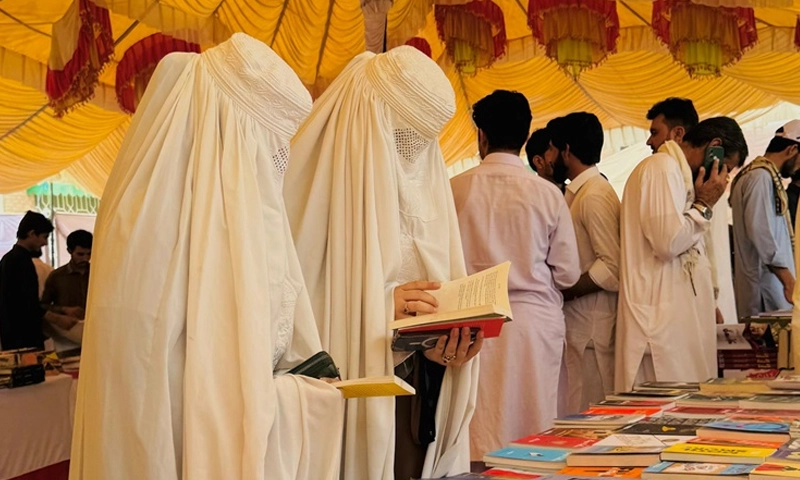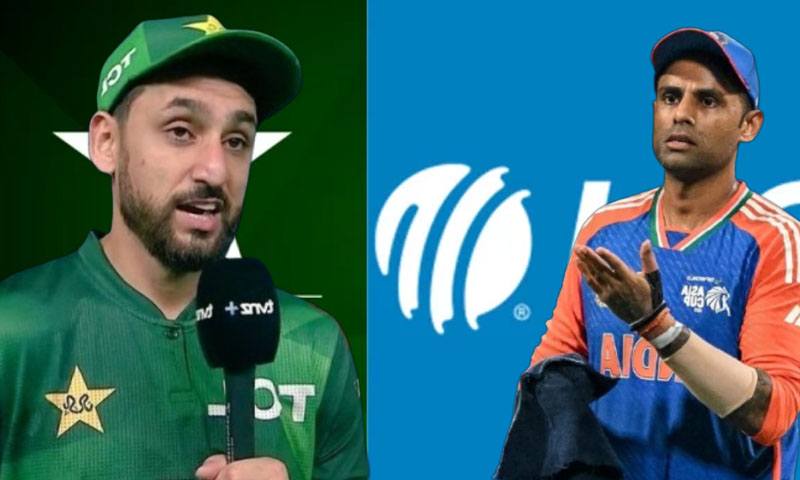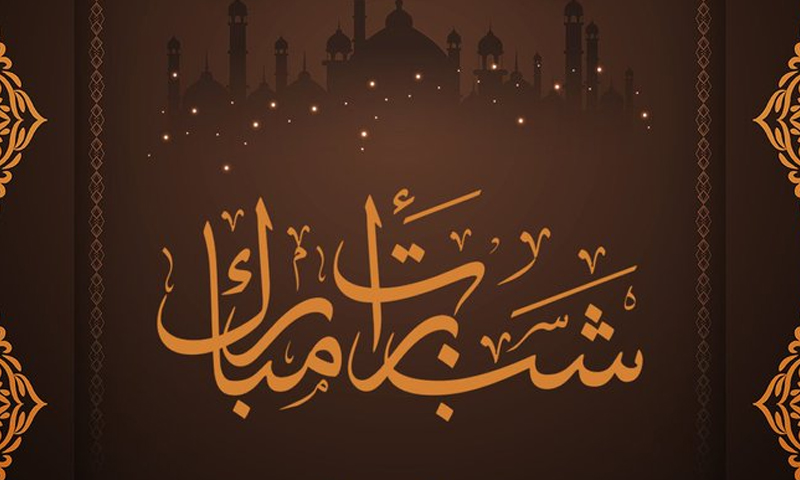- Web
- Feb 15, 2026
Women in shuttlecock burqas attend Bannu’s first-ever youth-led book fair
-

- Web Desk
- Jun 17, 2025

BANNU: For the first time, youth in Bannu district of Khyber Pakhtunkhwa organised a two-day book fair, which also saw the participation of women wearing shuttlecock burqas.
According to locals, this was the first time that women participated directly in a public fair of this nature and expressed their interest in books.
Bannu is a historic city located in the lush green valley of Khyber Pakhtunkhwa, which held strategic importance during British rule. The book fair was organised on June 16 and 17, 2025, by the Bannu Division Students Forum in collaboration with the district administration, in front of the city auditorium ground.
The event was inaugurated by the Bannu deputy commissioner and featured over 40 book stalls. A young student from Punjab University, Salman Ehsas, played a key role in organising the first-ever book fair in Bannu.
Also read: KU receives books under Read Japan Project
Speaking to Urdu News, Salman said: “Religious extremism, drugs, and other negative activities were spreading in Bannu, which prompted me to organise a book fair.”
“Our main objective,” he added, “was to counter religious extremism, drug culture, and other harmful influences, so people would turn towards books and promote a culture of reading in the region.”
Holding such a fair for the first time in Bannu was no easy task for Salman Ehsas. He said it was challenging to bring everyone together and convince them to work towards a common goal.
“We faced many challenges,” he said. “Like the rest of Pakistan, a patriarchal system dominates here too, but despite that, we succeeded. Rigid traditions also posed problems, but eventually we overcame them.”
“The district administration provided logistical support for the fair, but all other expenses and arrangements were handled by the students and youth,” Salman explained.
Booksellers came from Islamabad, Lakki Marwat, Rawalpindi, and other cities, and the organisers made joint arrangements for their accommodation and meals.
More than 40 book stalls were set up at the fair, featuring books on history, philosophy, literature, poetry, and other subjects.
In addition, six study circles on various topics were held, with participation from local poets and elders. Bannu is known for its fertile land and cultural heritage, though it has historically remained quiet on the literary front.
Salman Ehsas keenly felt this gap. “Bannu needed an intellectual platform to address political, economic, and social issues. This book fair is a response to that need,” he said.
He further added, “This fair will not only provide access to books but will also inspire local students and youth towards knowledge and research.”
One of the key objectives of the fair, according to Salman, was to pay tribute to those personalities of Bannu who elevated the city’s literary, social, and intellectual identity in the past.
A notable feature of the fair was the dedicated time slot for women. Each day, from 9 a.m. to 12 p.m., was reserved exclusively for women.
“Special arrangements were made for women to ensure traditional values were respected and their privacy maintained,” he explained.
“We’re happy that women attended the fair—even if in shuttlecock burqas, which are commonly worn by women in Bannu.”
Commenting on this, Bannu resident and teacher Asif Iqbal said, “The participation of women in the book fair was remarkable because in today’s era, the burqa is often criticised at such events—but here, women boldly embraced it in this academic environment.”
“This sends a clear message that our children, elders, youth, and women are lovers of knowledge and want to keep the flame of learning alive.”
A separate stall was set up at the fair for books authored by poets, writers, and authors from Bannu.
In addition to study circles, the fair also featured counselling corners for children’s intellectual and moral development, and a musical evening was arranged on the final day to refresh the minds of students.
According to Asif Iqbal, “Through this fair, the people of Bannu, Waziristan, Karak, and Lakki Marwat have conveyed the message that we are a knowledge-loving people. If we are given peace, we can contribute intellectual capital to this country—something that is a modern-day necessity.”
The organisers believe this fair marks the beginning of a new era of book appreciation and intellectual activity in Bannu.
“Starting something positive is always difficult due to various reasons, but the organisers of this fair have successfully overcome all such concerns,” Asif Iqbal said.




